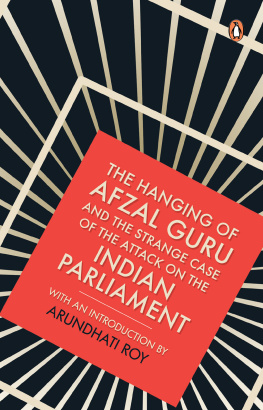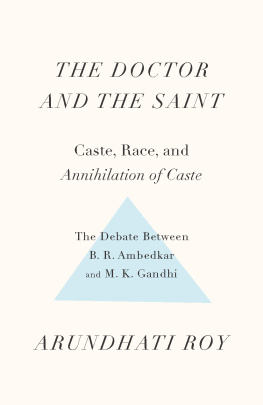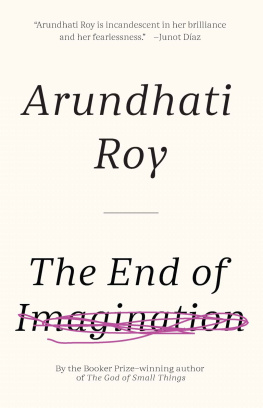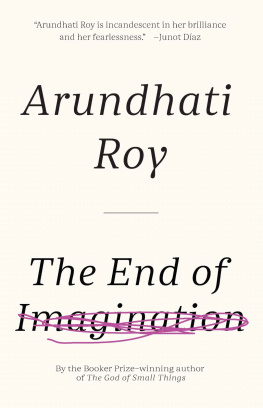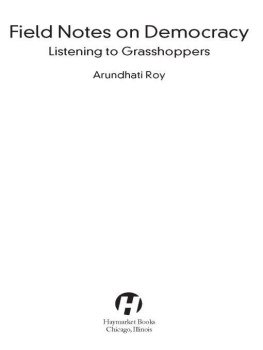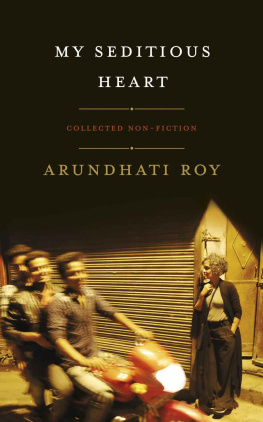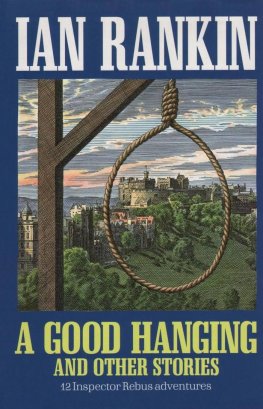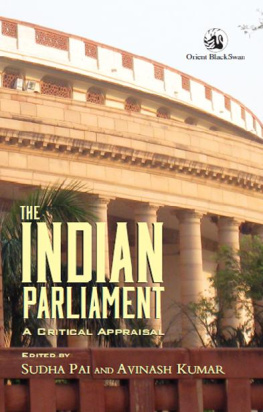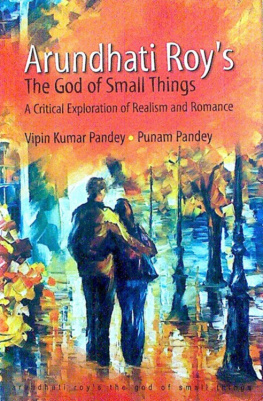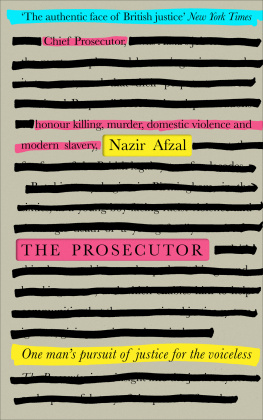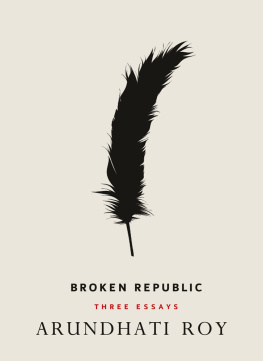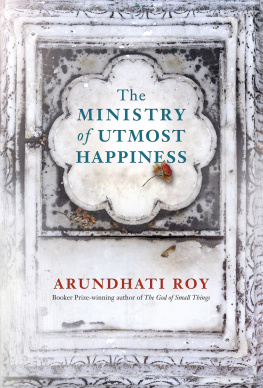Pedro Algorta, a lawyer, showed me the fat dossier about the murder of two women. The double crime had been committed with a knife at the end of 1982, in a Montevideo suburb.
The accused, Alma Di Agosto, had confessed. She had been in jail more than a year, and she was apparently condemned to rot there for the rest of her life.
As is the custom, the police had raped and tortured her. After a month of continuous beatings they had extracted several confessions. Alma Di Agostos confessions did not much resemble each other, as if she had committed the same murder in many different ways. Different people appeared in each confession, picturesque phantoms without names or addresses, because the electric cattle prod turns anyone into a prolific storyteller. Furthermore, the author demonstrated the agility of an Olympic athlete, the strength of a fairground Amazon, and the dexterity of a professional matador. But most surprising was the wealth of detail: in each confession, the accused described with millimetric precision clothing, gestures, surroundings, positions, objects...
Alma Di Agosto was blind.
Preface to This Edition: Lynching by Due Process
After spending eleven years in prison in New Delhi, most of them in solitary confinement, and on death row, on a clear February morning, Mohammad Afzal Guru was hanged. It was an execution performed in stealth and, as a former Solicitor General of India (and Senior Advocate in the Supreme Court) says later in this book, an act whose legality was gravely questionable.
How could there be legal doubts about an elected government hanging a man who had been given three life sentences and a double death sentence by the highest court in the land? Because only ten months before, in April 2012, the Supreme Court had concluded a series of hearings over the question of executing prisoners who had already served inordinately long prison sentences. One of the cases in that cluster was the case of Afzal Guru. The Bench had reserved its judgement; but Afzal Guru was executed before the Court delivered its verdict.
The government turned down his familys request for his body. He was buried without ceremony next to Maqbool Bhat, the founder of the Jammu Kashmir Liberation Front and the pre-eminent icon of Kashmirs movement for Azadi, freedom.
And so, in the compound of Tihar Jail, a second Kashmiri body awaits a funeral. While in Kashmirs Mazar-e-Shohadda, Martyrs Graveyard, another empty grave awaits a body. Those who know Kashmir know how those imagined, subterranean, human-shaped hollows have, in the past, unleashed militant insurrections.
In India, once the initial bout of noisy celebrations trumpeting the triumph of the Rule of Law had subsided, once the goons on the streets had run out of sweets to distribute (how long can you keep burning posters of a dead man without snack breaks?), a few people were permitted to express their unease with capital punishment, and to air their doubts about whether or not Afzal Guru had a fair trial. That was nice. And well timed too. Once again we came across as a Democracy with a Conscience.
Except that debate too has already taken place, six years ago, and even then it was four years overdue. First published in December 2006, the essays in Part I of this book deal at length with the trial, the miscarriage of justice, the fact that Afzal Guru went unrepresented in the trial court, the ways in which real leads were never followed, and the insidious role of the media at the time. Part II of this new edition is a compilation of essays and analyses written after the execution. The introduction to the first edition ends by saying Therefore, this book, offered in hope. This time, it is offered in anger.
In these very vengeful times, the impatient may well say: Chuck the details and the legal minutiae. Was he guilty or was he not? Did the Indian government hang an innocent man?
Anyone who takes the trouble to read this book would have to come to the conclusion that Afzal Guru had not been proven guilty of the crime he was accused of committingof being one of the conspirators in the Attack on the Indian Parliament or, more fashionably, the Attack on Indian Democracy. (Contrary to the elaborate misinformation put out in the media, even the prosecution never accused him of being one of the attackers, or of killing anybody. He was only tried for being an accomplice, a mere foot soldier.) Even as the Supreme Court convicted him of this crime and sentenced him to death, in its controversial judgement that invoked satisfying the collective conscience of the society as one of its reasons for putting a man to death, it also went out of its way to say that the evidence before it was not direct, but only circumstantial.
Terrorism experts and other analysts have loftily glossed over this by saying that in cases like these the full truth would always be elusive. In the case of the Attack on Parliament, this certainly seems to be what has happened. The truth seems to have eluded us entirely. Logically, that should have raised the juridical principle of reasonable doubt. It did not. A man whose guilt was by no means established beyond reasonable doubt was hanged.
Lets concede that an Attack on the Indian Parliament does amount to an Attack on Democracy. Was the 1983 Nellie massacre of three thousand illegal Bangladeshis not an attack on Indian Democracy? Or the massacre of more than three thousand Sikhs on the streets of Delhi in 1984? Was the demolition of the Babri Masjid in 1992 not an attack on Indian Democracy? Was the Shiv Sena-led slaughter of thousands of Muslims in Mumbai in 1993 not an Attack on Indian Democracy? What about the 2002 pogrom against thousands of Muslims in Gujarat? There is plenty of evidence, direct as well as circumstantial, to connect leaders of our major political parties to these mass murders. But could we ever imagine any of them being arrested, imprisoned for eleven years, let alone executed? Oh no. On the contrary, one of themwho had never held public officewas recently given a state funeral that brought the city of Mumbai to a standstill. Another will most likely be running for the post of Prime Minister of the Worlds Largest Democracy in the next election.
In this cold, cowardly way, making empty, exaggerated gestures that mimic Due Process, Indias own brand of fascism has laid itself upon us.
In the Mazar-e-Shohadda in Srinagar, the epitaph on Afzals tombstone (which the police removed, and then was forced to replace because of public outrage) reads, in translation:

